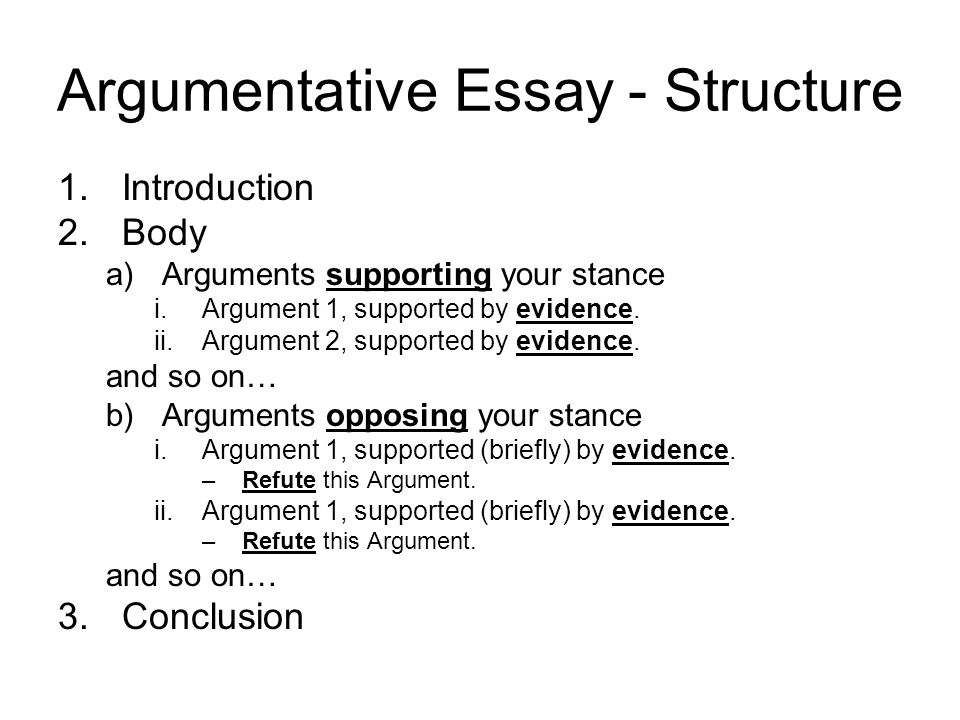When writing an argumentative essay, it is important to know how to approach the topic. For example, if you are writing a speech for a political party, make sure that your topic is relevant to the people in your audience. A politician addressing an audience in schools should focus on changes in the education system. They should not talk about business taxes or corporate budgeting. Instead, they should focus on the benefits of implementing a new educational system.
Finding a good topic for an argumentative essay
An argumentative essay is an essay that takes a position on a topic. It needs to be a topic that has a good chance of allowing you to present a valid argument. For instance, if you’re writing an essay about Netflix, which has 158 million subscribers, you should find a topic that both sides agree on. Then, you can try putting that argument into a general argument.
The topic should inspire your writing style and should give you ample time to research on it. In addition, it must provide enough evidence to support your point of view. You should also be able to cite relevant sources. The British Council even provides video tutorials on argumentative essay topics. Make sure to find one that interests you. By following these tips, you’ll be on your way to writing a good argumentative essay.
Once you have a general idea of what to write about, you can start brainstorming ideas. There are many useful tips for brainstorming. Try narrowing down your list to a few ideas that have the potential to inspire you to write your best paper. Make sure you have enough information to back up your arguments and include enough facts for your audience to make an informed decision. When a topic is interesting, the audience will want to read it and discuss it in-depth.
Finding counterarguments
The next step in finding counterarguments for an argumentative essay is to know your topic well. Write down the opposing grounds, and then formulate your counterargument. Remember to include evidence and a good reason for each of your counterarguments. Never belittle the other side’s point of view. You will also need to do additional research. This step is vital if you want to be successful as a counterargument writer.
You can use counterarguments to strengthen your own argument. They allow you to think more carefully about a particular issue, and may also provide you with a fresh perspective on the argument. Make sure to use counterarguments sparingly, as they can take away from the main points of your essay. For help, Graff and Birkenstein (2009) developed counterargument templates. They are helpful when you are unsure how to approach counterarguments in an argumentative essay.
The next step in finding counterarguments in an argumentative essay is to find a source. You can do this by talking to the person who has the opposing opinion. Then, you can use what you learned in the conversation to create a counterargument. You should use evidence that supports your argument from sources. Finally, you should conclude with a refutation or a concession of validity.
Flow of an argumentative essay
The Flow of an argumentative essay begins with defining the purpose of the writing. This step will allow the writer to put himself in the reader’s shoes. By identifying his audience, he will be able to determine which information to use to support his claim. He will also be able to determine the proper tone and content of the essay. Here are some tips on the Flow of an Argumentative Essay:
The Flow of an Argumentative Essay will include three body paragraphs. Each body paragraph will present supporting points. Each body paragraph should open with a topic sentence and present a separate point backed up with evidence. The goal of an argumentative essay is to convince the reader, so the body paragraphs are where the most compelling information should be presented. The conclusion of an argumentative essay will depend on how well the points have been supported.
Choosing a thesis statement is crucial, as it gives the reader a good sense of what the essay is about. A weak thesis statement doesn’t give readers much information and is not debatable. It also doesn’t tell the reader which side of an argument you’re taking, so it’s important to make the statement as strong as possible. You can also use a hook that is interesting and intriguing, such as a question or statement, to draw readers’ interest.

